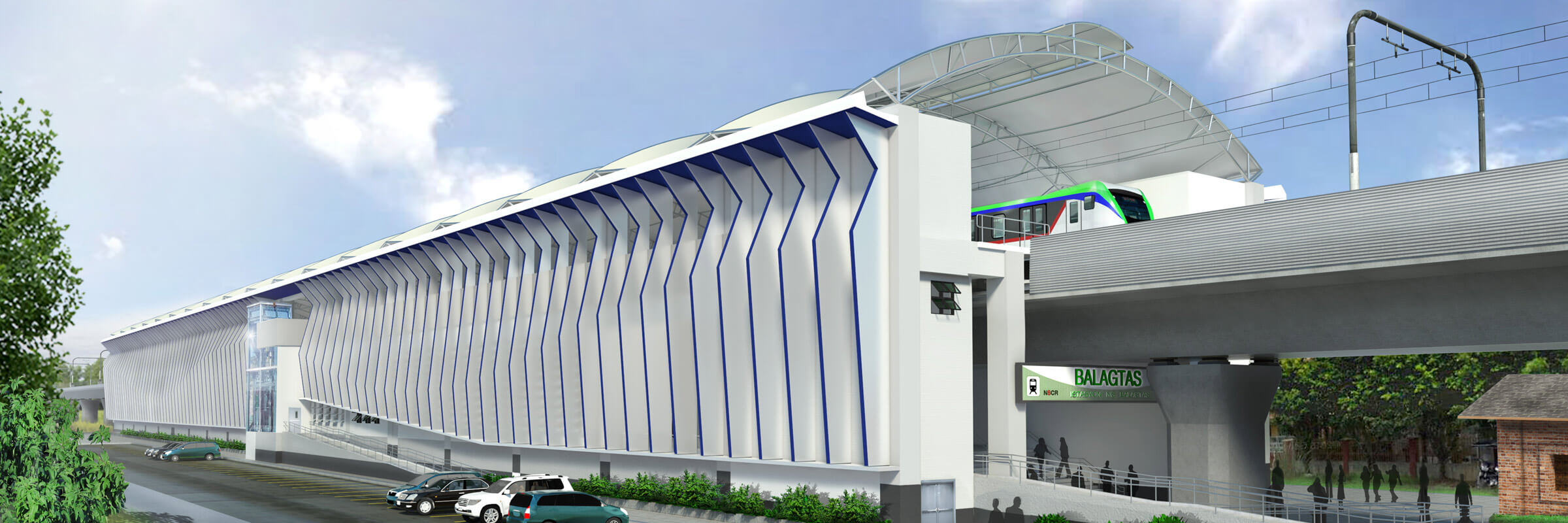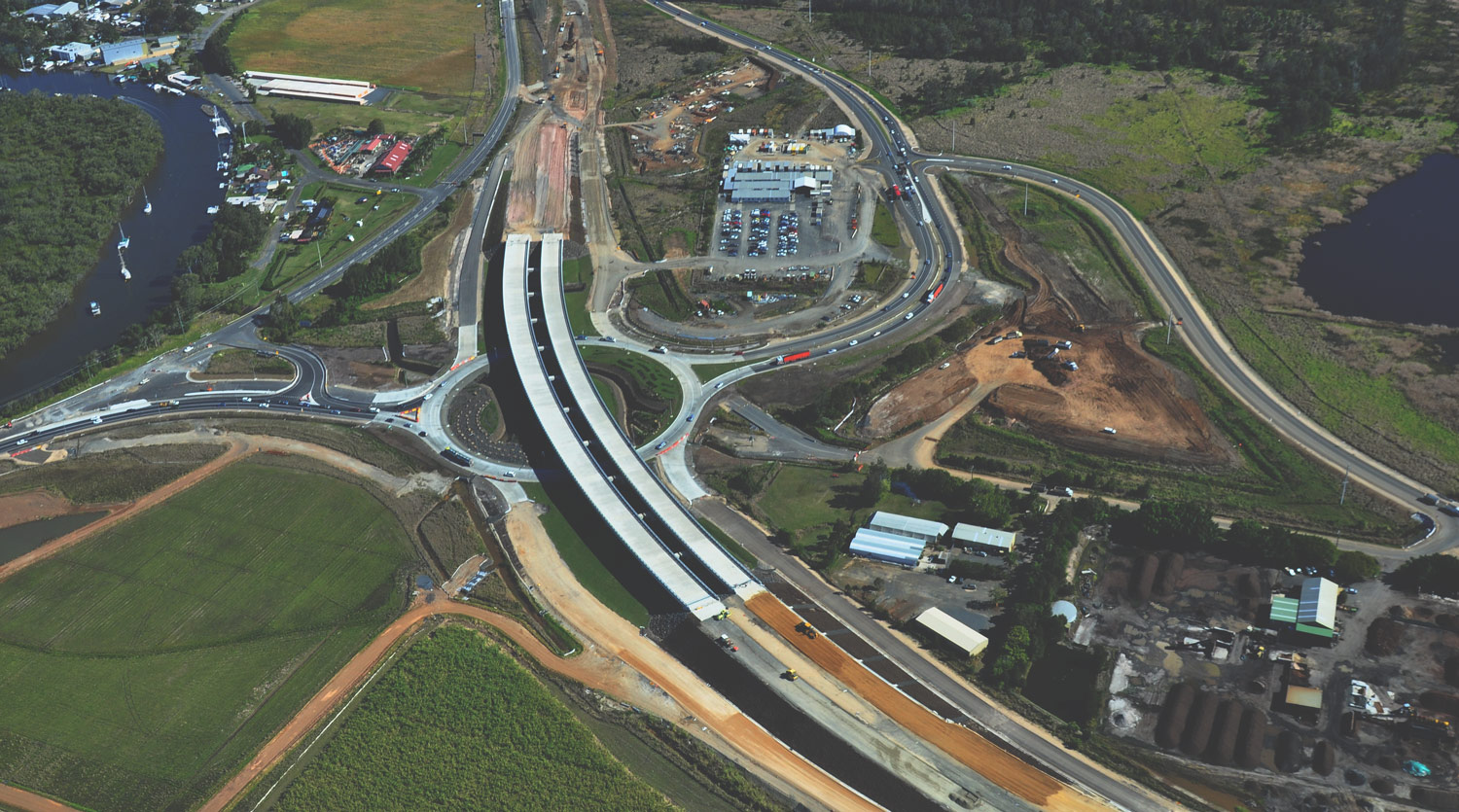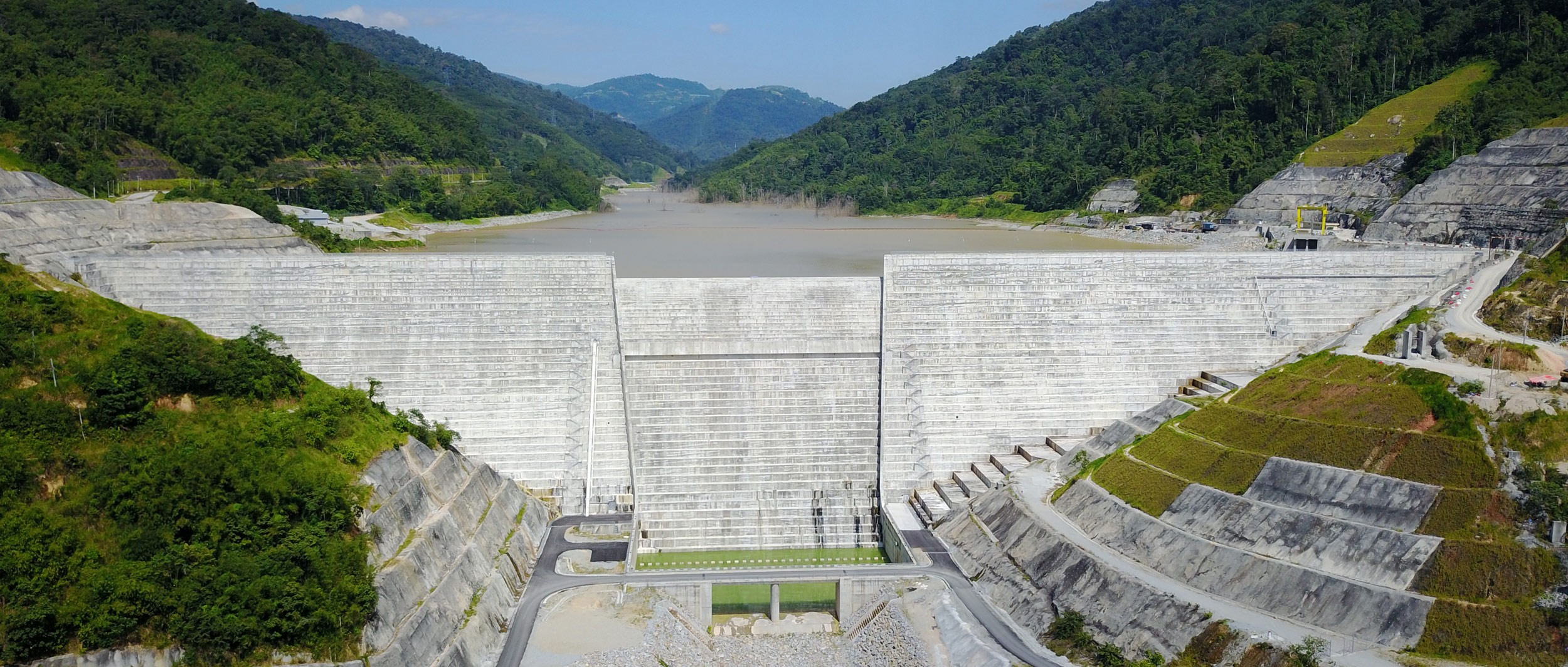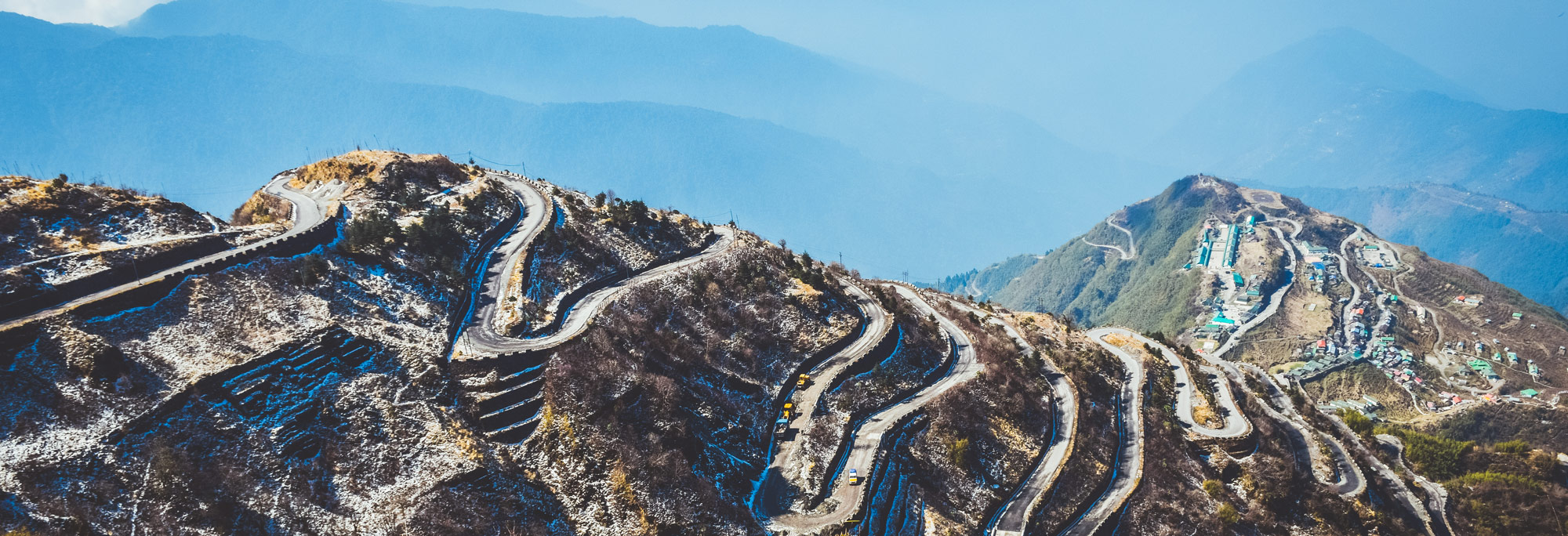
Perhaps Gavin’s most memorable project was one he delivered with his team in the far reaches of Mongolia.
“At the time we were designing a new national highway from Siberia in Russia through Mongolia to the Gobi Desert in China and there was one house every 200 kilometers. It was a truly remote place, filled with snow-capped mountains and permanently frozen ground and the scenery along the foothills of the Altay mountains was like nothing I have ever seen.”
“It was the same in the Northeast of India where I worked throughout some of the most remote parts of India. We worked throughout the foothills of the Himalayas up to the borders of China and Myanmar. You end up going to places few have been to before.”
Operating in a truly unique workplace is something Gavin loves to talk about and he is in a unique position to live and breathe diversity in the workplace every day.
“What is special about this job is the people you work with. You learn very quickly that we’re all the same, we all have the same ambitions and hopes.”
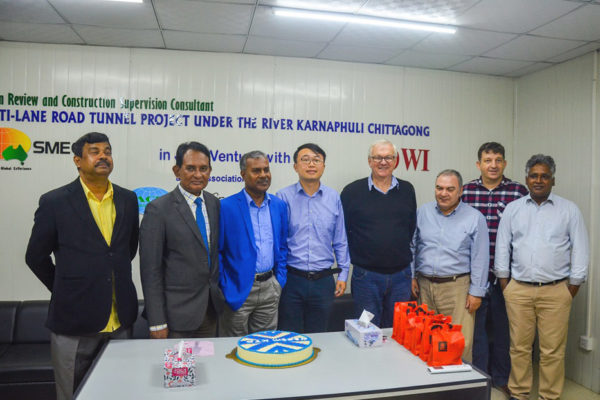


A community-based approach
Our teams helped local farming communities to form Water User Cooperative Societies (WUCS). These groups received training on the management of the modernised irrigation systems, as well as construction and maintenance of field irrigation channels. Passing on the knowledge and capabilities required to operate these systems was a key objective of the project, particularly for marginalised communities within the areas serviced by the irrigation network.
The community program also had a strong focus on female empowerment. Women made up 40-50% of participants in training and site visits conducted by the WUCS, and 22 women-only sub committees were formed with 347 members within the societies. In a country where women do not necessarily have the same access to opportunities as men, it was essential to develop the skills of local women so that they can then support their families and communities.
“We’ve set up our system all over the world so that when you come into a new country for the first time, there’s people to support you and help you learn the lay of the land. The teams we put together are a combination of international and local experts, and we work together towards a common goal.”
“Some of my best memories are from celebrating birthdays and weddings, and enjoying game days and social trips with our local teams. It is also the best form of team building.”
Gavin adds that life abroad isn’t something for everyone as it needs to be “in the blood”. But he thinks it’s something the next generation of engineers should do at least once. “It teaches you to be adaptable, how to work with people of other cultures and beliefs. It really opens your mind and broadens your horizon. There are a lot of benefits beyond the professional sphere. I believe it can help you grow into a better engineer and a better person.”
Related
insights
 ‘Elegant, innovative and sustainable’ – ENR Global Best Rail Project
‘Elegant, innovative and sustainable’ – ENR Global Best Rail Project
SMEC took the role of Design Lead on the project which involved building a four-kilometre elevated skytrain and a 270-metre curved, cable-stayed rail bridge over Windsor Road at Rouse Hill.
 "Break down the barriers through the quality of your contribution"
"Break down the barriers through the quality of your contribution"
SMEC Senior Programmer Mobina Zafar was named Young Female Professional of the Year at the Surbana Jurong (SJ) International Awards held in Brisbane, Australia in December 2018.


